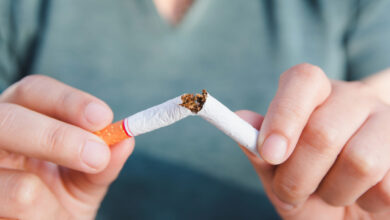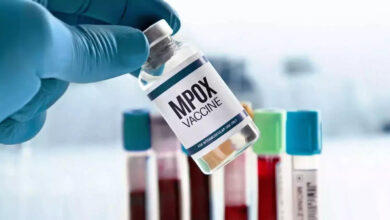Study says Consumption of Diet Drinks may increase 20% risk of Serious Heart Condition

A new study reveals that drinking two or more liters of artificially sweetened beverages per week, the equivalent of a medium-sized can of diet soda per day increases the risk of developing an irregular heartbeat, known as defibrillation. atrial, by 20% compared to people who do not take it.
The study found that drinking a similar number of drinks containing added sugar led to a 10% increased risk of developing the same condition.
This is the first study to suggest an association between no-calorie, low-calorie, and sugar-sweetened beverages, and increased risk of atrial fibrillation.
While the study only showed an association between sweetened beverages and atrial fibrillation, the relationship remained after taking into account any genetic susceptibility to the condition.
A study conducted in 2017 showed that the genetic risk of this condition in people of European origin is approximately 22%.
We still need more research on these beverages to confirm these findings, and to fully understand all of their health consequences for heart disease and other health conditions, said Chris-Etherton, who serves on the American Heart Association’s Nutrition Committee.
Atrial fibrillation is serious and on the rise:
Atrial fibrillation is the leading cause of strokes in the United States. Strokes associated with atrial fibrillation tend to be “more serious than strokes resulting from other underlying causes,” according to the US Centers for Disease Control and Control (CDC).
Almost forty million people have atrial fibrillation and out of these forty million six million belong to the United States according to searchings.
Many of these people suffer from chest pain, palpitations, shortness of breath, and fatigue but for others, atrial fibrillation has no symptoms and may be a silent killer.
However, once the condition is discovered, it can be treated with medications, lifestyle changes, and, if necessary, surgical procedures to slow or restore the heart’s normal rhythm.
The incidence of atrial fibrillation in the US population is increasing, and the Centers for Disease Control estimates that approximately 12 million Americans will have atrial fibrillation by 2030.
Age is one of the biggest risk factors, so it’s becoming more common as the population ages,” Marcus said.
The obesity epidemic is also contributing to the increase in numbers, along with other risk factors such as high blood pressure, diabetes, chronic kidney disease, smoking, and drinking alcohol.
Potential additional health risks:
The analysis followed people for an average of 10 years. They ranged in age from 37 to 73 years, and more than half were female.
The study found that higher consumers of artificially sweetened beverages were more likely to be female, younger, heavier, and had a higher rate of type 2 diabetes.




